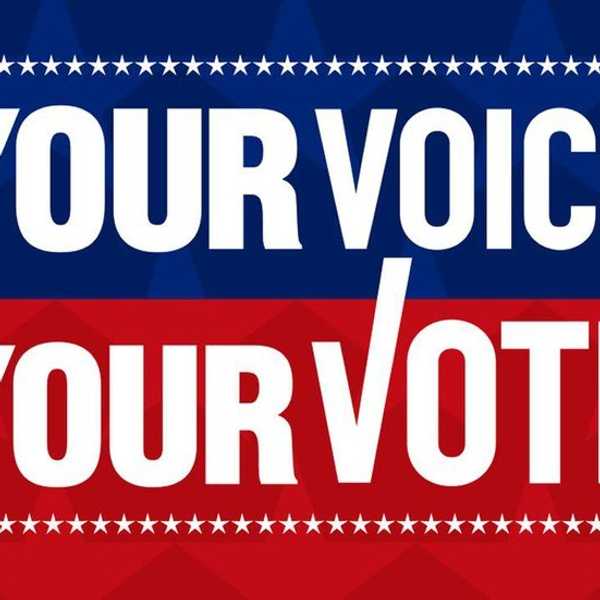From July 19th to July 20th in 1848, the town of Seneca Falls, New York held the first ever convention for the discussion of women's rights in America. During this meeting, the 300 attendees, female and male alike, spoke of female discontent with their role in society, discussed how men had, throughout history, oppressed women for their gender, and debated what rights women deserve. At the end of the convention, a third of the delegates signed a document called "The Declaration of Sentiments," a fiery condemnation of the sexism and oppression of women practiced by men for millennia, modeled on the American Declaration of Independence (thereby highlighting that document's hypocrisy). Seneca Falls didn't just start a conversation; it started a movement.
Last week, on the 169th anniversary of the signing of the Declaration of Sentiments, I paid homage to the fire sparked in Seneca Falls and visited the Women's Rights National Historic Park, located on Fall Street in that town. As I walked through the Wesleyan Chapel (a rebuilt version of the original used for the convention), read the various exhibits on the history of women's rights in the U.S., and finished my visit by reading the Declaration of Sentiments as engraved on a granite fountain in the Park, I reflected on what feminism was then, what it is now, how far women have come, and how far we have to go. I do know, no matter what, that wherever we're going, and whatever the future holds for us, we're in this together.
I have been an ardent feminist for as long as I remember. I may not be loud, I may not march, but I will always stick up for women's rights and equality. American feminism has changed since Seneca Falls. It's no longer a white, Protestant, upper-middle-class club. Feminism- done the RIGHT way- transcends socioeconomic, religious, and racial boundaries.
True feminism includes the intersectional concerns of women of color and Trans women. Feminism now goes beyond sexist laws and structural barriers to female success; feminism fights against poverty and war and the way these phenomena disproportionately harm women. Feminism fights sexual harassment and unfair, unfounded biased attitudes about and the expectations for women. Feminism explores and works to fix the problems of men brought about by a patriarchal society and gendered expectations; feminists want men to be able to cry and be homemakers and report male sexual assault and, just as they want for women, for men to be able to follow whatever life path they want, which our current social climate finds taboo.
And feminism in America is not alone; American feminists are just a part of a global movement which works together across borders for one thing: Equality. We haven't finished what they started in Seneca Falls, but we have come such a long way, and we have trod, or at least tried to, a path that is insightful, thoughtful, and inclusive. Even if their 19th Century biases would have them think otherwise, I would like to think our foremothers, Elizabeth Cady Stanton, Alice Paul, and Qasim Amin, Lucy Stone, Sojourner Truth and every other woman who has ever fought for her rights as a human being, I would like to think they would be proud. Remember. Celebrate. Empower.



















